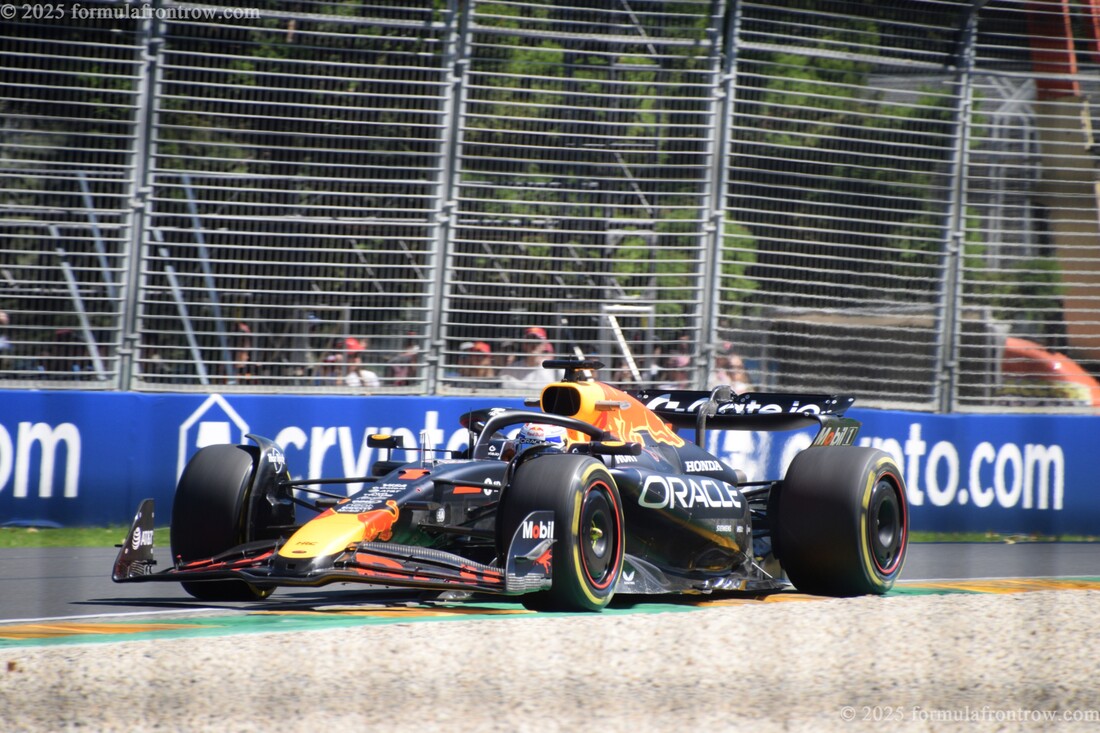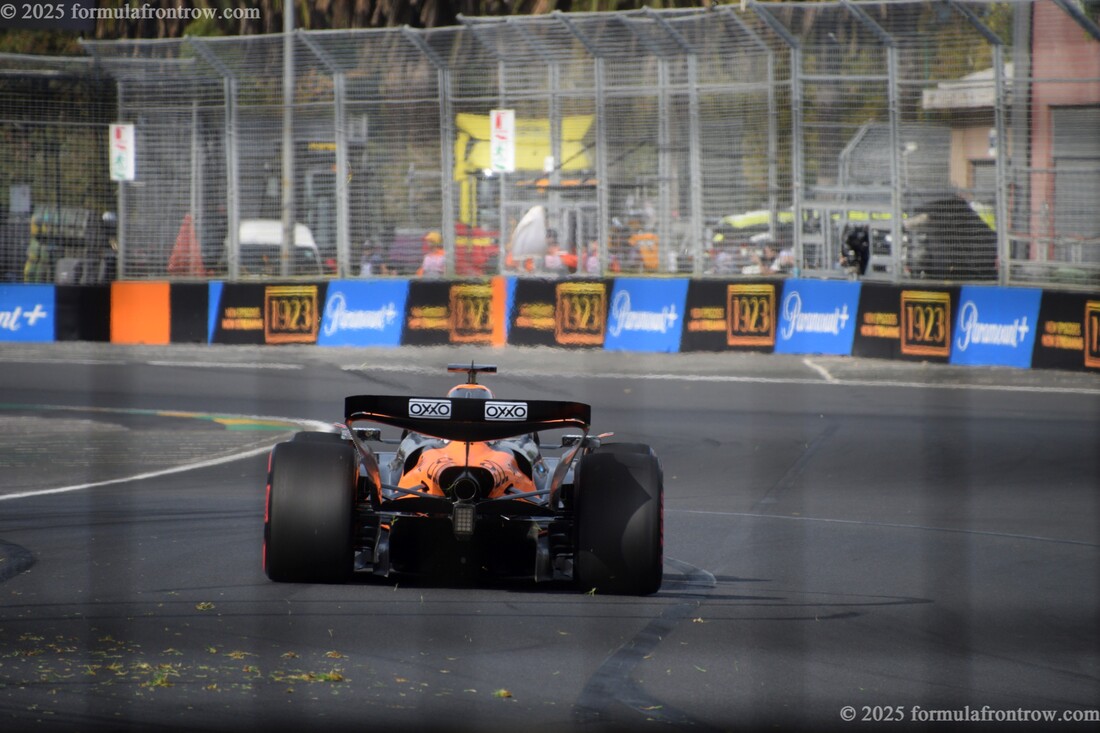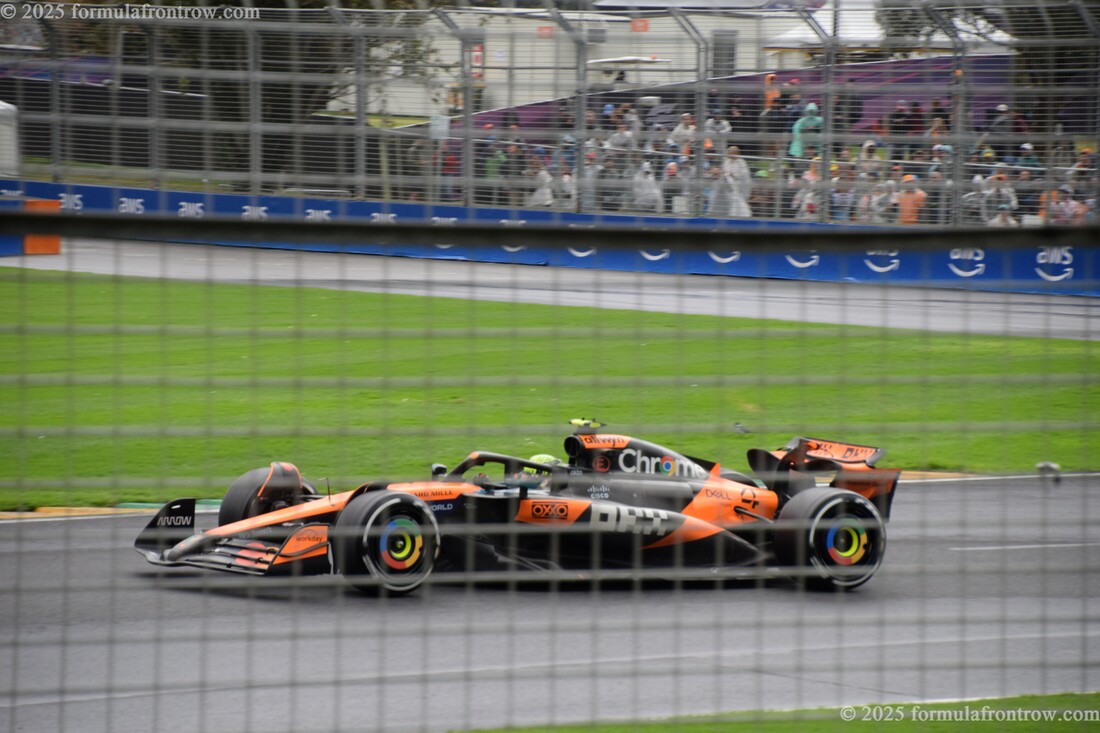 Lotus, F1, AGP. (C) Lotus, F1, AGP. (C) Recent media scrutiny in Formula One has suggested that the extent of information passed on to drivers during a race through radio transmissions has exceeded the accepted level and spirit of the sporting regulation that states that a driver must drive the car alone and unaided. Numerous sensors on the cars relay temperature and performance data to the teams via car to pit telemetry in real time, allowing the teams to constantly inform their drivers about managing their cars to achieve the best race results. Is too much information being passed on to drivers, especially regarding an opponent's performance? This has prompted the governing body to revise this sporting regulation and subsequently introduce rule changes outlining clear boundaries regarding radio transmissions to drivers. Teams can no longer inform their drivers of suggested driving lines, kerbs to avoid, set up parameters for various corners, gear selection, braking points and optimum use of the overtake button. More importantly, drivers compared to another driver can only know their lap times. No more are they allowed to know an opponent's comparable or absolute sector times, their speed in corners, gear selection, throttle and brake applications, use of DRS, and therefore where an opponent may be gaining or where they're losing time themselves. This all came in with immediate effect for the recent Singapore GP. It's the further restrictions to come in next year that we're excited about. The governing body wanted to introduce these in time for Singapore, however the teams all agreed it was too much to adopt in one foul swoop. By the time the lights go out at Albert Park next year there will be a ban on radio messages regarding car performance. The teams can no longer inform their drivers of things such as clutch settings and how many burnouts to do at the end of their warm up lap to bring everything up to temperature for the start, what engine maps to use at various points of a race, when to harvest energy, when to save fuel, various temperatures and overall health of the car. While a lot of this can be negated through pre-race briefings and steering wheel displays, there's always an unknown factor in F1. What happens during a race if the team detect an issue with the car? Drivers may be blissfully unaware of a potential issue and therefore cannot compensate and may suddenly retire. Could we have the situation where a frontrunner makes a poor start, then having to play catch up runs a more aggressive engine map and richer setting for too long, all the time not knowing if they'll run out of fuel or overstress the car and not see the chequered flag? Without the benefit of the team relaying the telemetry back to the driver, will we see drivers who are already good tyre managers and brake manipulators come to the fore? Does this allow a mid-field team to spring a surprise win? Can we expect the unexpected? Cheers....
0 Comments
Your comment will be posted after it is approved.
Leave a Reply. |
Categories
All
Archives
September 2025
|



